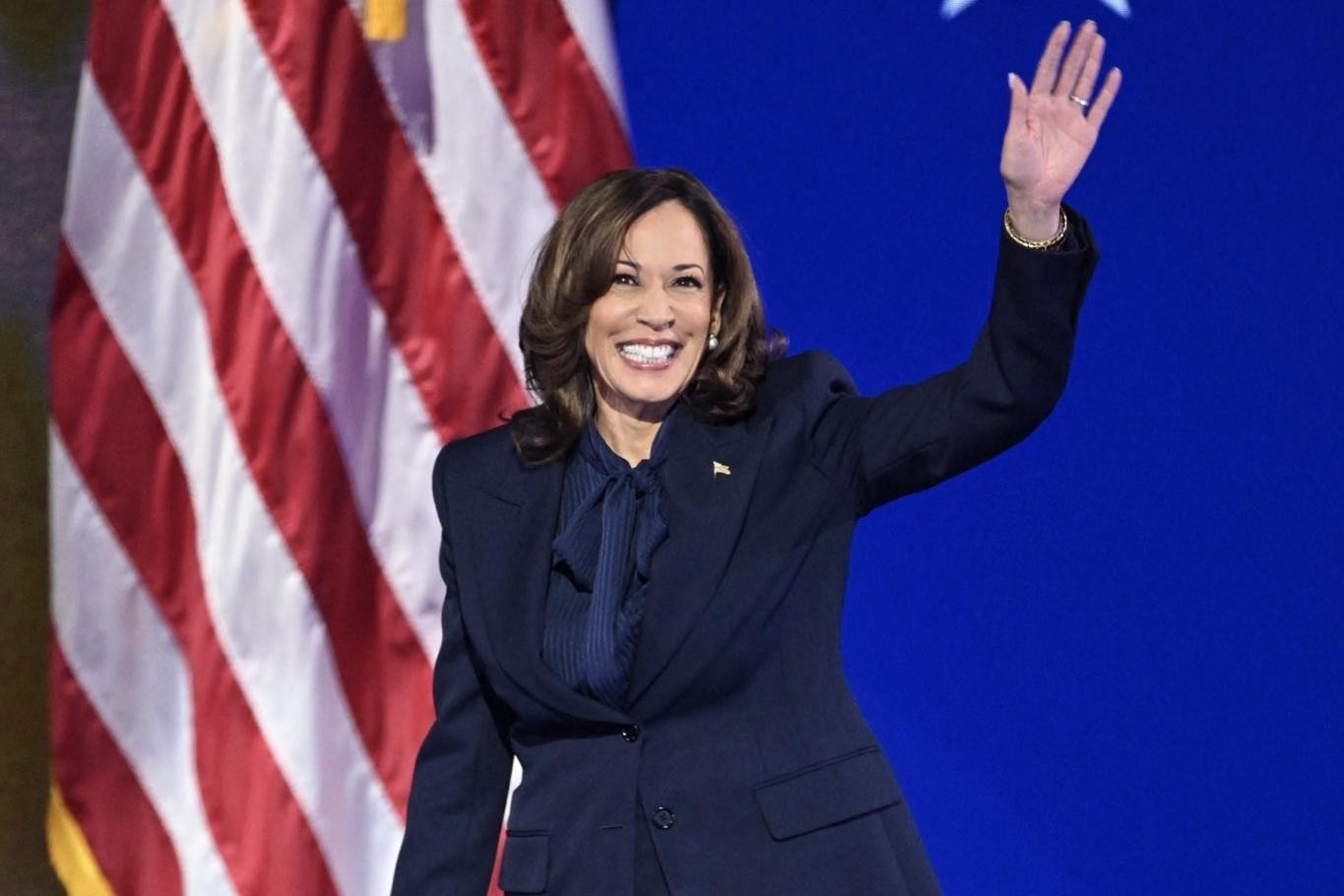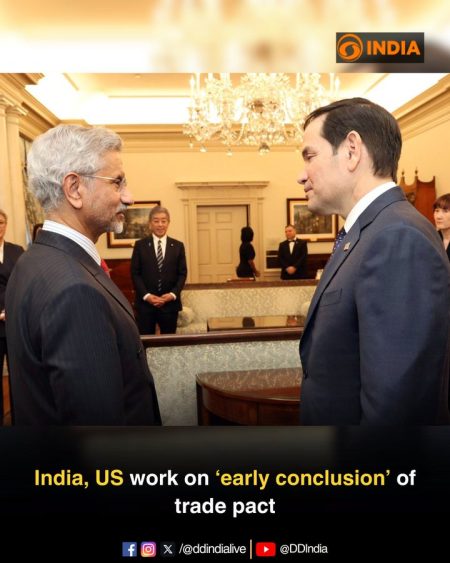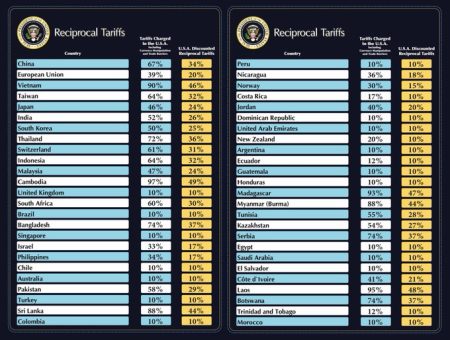
In her acceptance speech for the Democratic nomination, Kamala Harris boldly vowed to resist the influence of authoritarian leaders. She subtly suggested that Donald Trump’s foreign policy has been swayed by such leaders, appealing to his autocratic tendencies. By emphasising her commitment to national security, Harris is positioning herself as a stark contrast to Trump, portraying him as a riskier choice for the nation. Her speech clearly signalled that her presidency would represent a decisive shift from the Trump era, especially in foreign affairs. “I will not cosy up to tyrants and dictators,” she asserted, underscoring her firm stance.
Dr. Sweta Chakraborty, a Climate Surrogate for the Harris campaign, highlighted that Harris’s policy approach is grounded in a realistic assessment of the threats facing the country, both from external adversaries and domestic challenges. Dr. Chakraborty, who has been closely involved in the campaign and attended the Democratic National Convention (DNC) in Chicago, noted that Harris’s message is resonating with Indian-Americans and other minority communities who view her as their leader.
From the Indian-American perspective, Harris’s campaign is gaining significant momentum. “Kamala Harris is polling a few points ahead of Donald Trump and is likely to see a surge following the DNC,” said Dr. Chakraborty. “Indian-Americans, including myself, are coming together to support her through various initiatives and specialised partnerships. For instance, we are raising funds through ‘South Asians in Climate’ after the DNC and in anticipation of the ‘Harris for President Climate Group’ official launch this September. South Asians are in, and so are climate voters. As a South Asian climate surrogate, I represent both voter groups that strongly support Kamala Harris for President,” she explained to NDTV.
Born in Oakland, California in 1964, Harris is the daughter of Donald Harris, an Afro-Jamaican, and Shyamala Gopalan, who emigrated to the U.S. from India at 19 to pursue her doctorate in nutrition and endocrinology. Dr. Chakraborty emphasised that having a President who shares ancestry with South Asians in America highlights the significant role that South Asian immigrants and their descendants play in the U.S. She remarked that an Indian-American reaching the highest elected office in the U.S. shows that there are no limits for the Indian diaspora. While Indians in the U.S. already hold the status of the highest-earning demographic, having an Indian in the Oval Office would further enhance that status and make significant strides for minorities and women.
However, Harris is not the only Indian-American figure in the presidential race. On the Republican side, JD Vance, Trump’s Vice President pick, is married to Usha Vance, who traces her roots to Vadluru, Andhra Pradesh. Usha’s father, Chilukuri Radhakrishnan, was raised in Chennai before moving to the U.S. for higher education. Usha grew up in San Diego, California, and met JD Vance at Yale Law School before they married in 2014.
Dr. Chakraborty criticised the Vances, alleging that they have compromised their morals for political power. She claimed that Usha Vance and her husband initially shared liberal values with their university peers but have since adjusted their views to align with the conservative party, which they saw as a more direct path to power.
Highlighting the contrast between Harris and Trump, Dr. Chakraborty pointed out that while Trump has favoured tax breaks for billionaires and the deregulation of corporate polluters, Harris has committed to holding the oil and gas industry accountable, investing in a clean energy economy, and ensuring that the benefits of climate action reach all Americans, not just the wealthy elite. When Harris ran for vice president in 2020, her climate plan was even more ambitious than the legislation that ultimately passed during Joe Biden’s presidency, known as the Inflation Reduction Act—a landmark in American climate policy. As Harris prepares to unveil her full climate agenda in September, she is positioning herself as the ‘Climate President’ of the United States.
Dr. Chakraborty further noted that Harris, as an Indian woman, symbolises the rise of historically marginalised groups in American society. She represents a future where women and minorities ascend to positions of power, creating a society that is more equitable and fair to all genders and races.









